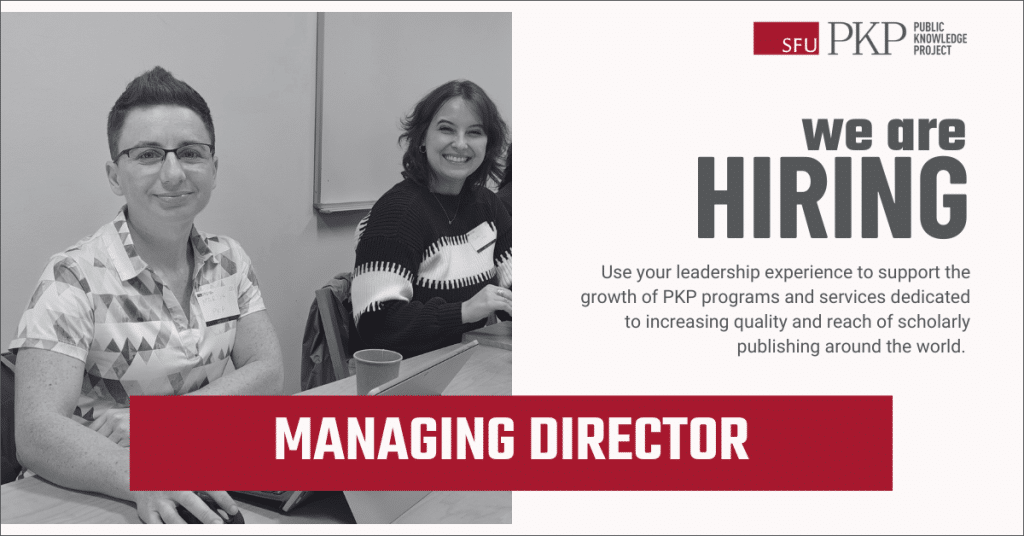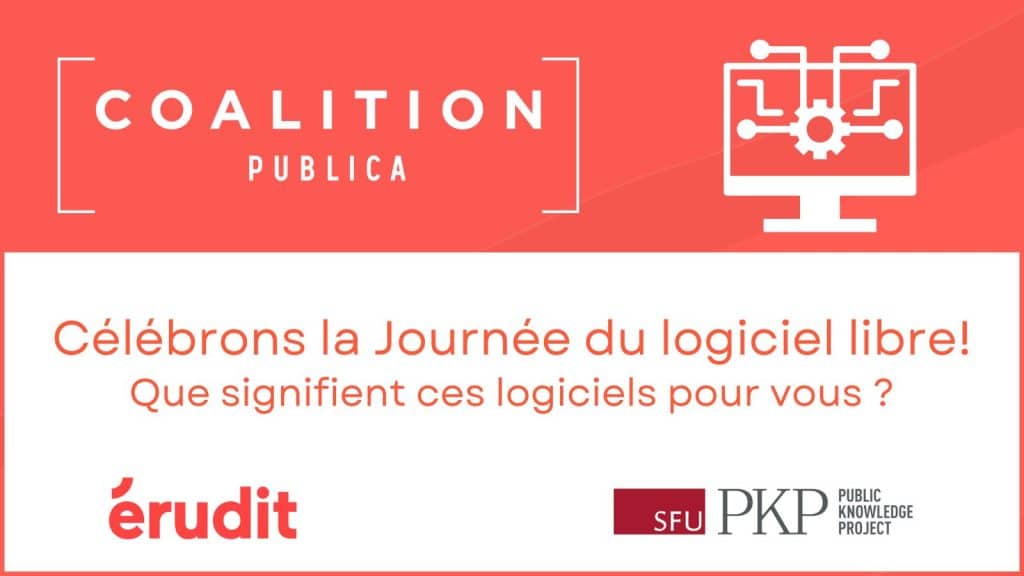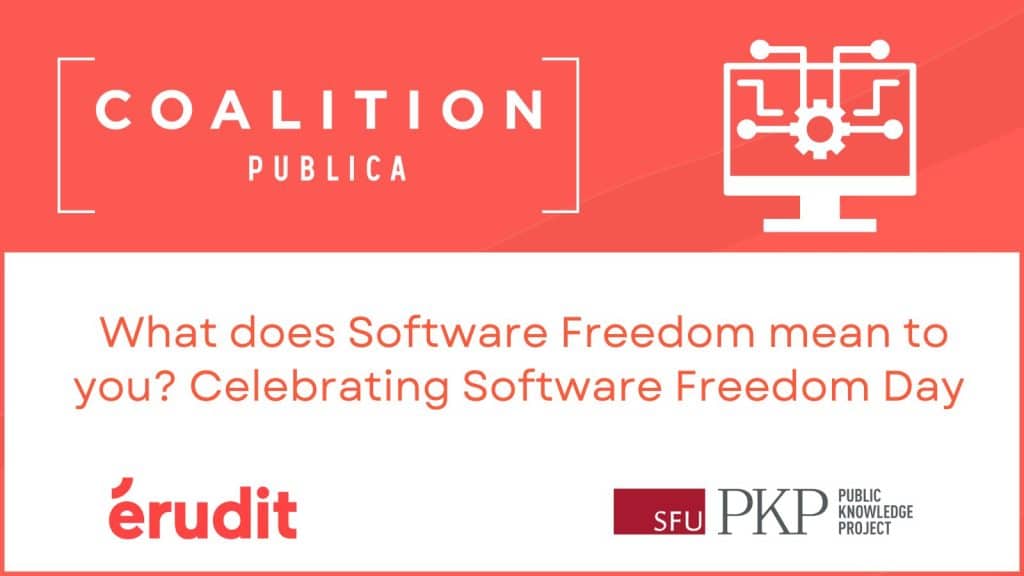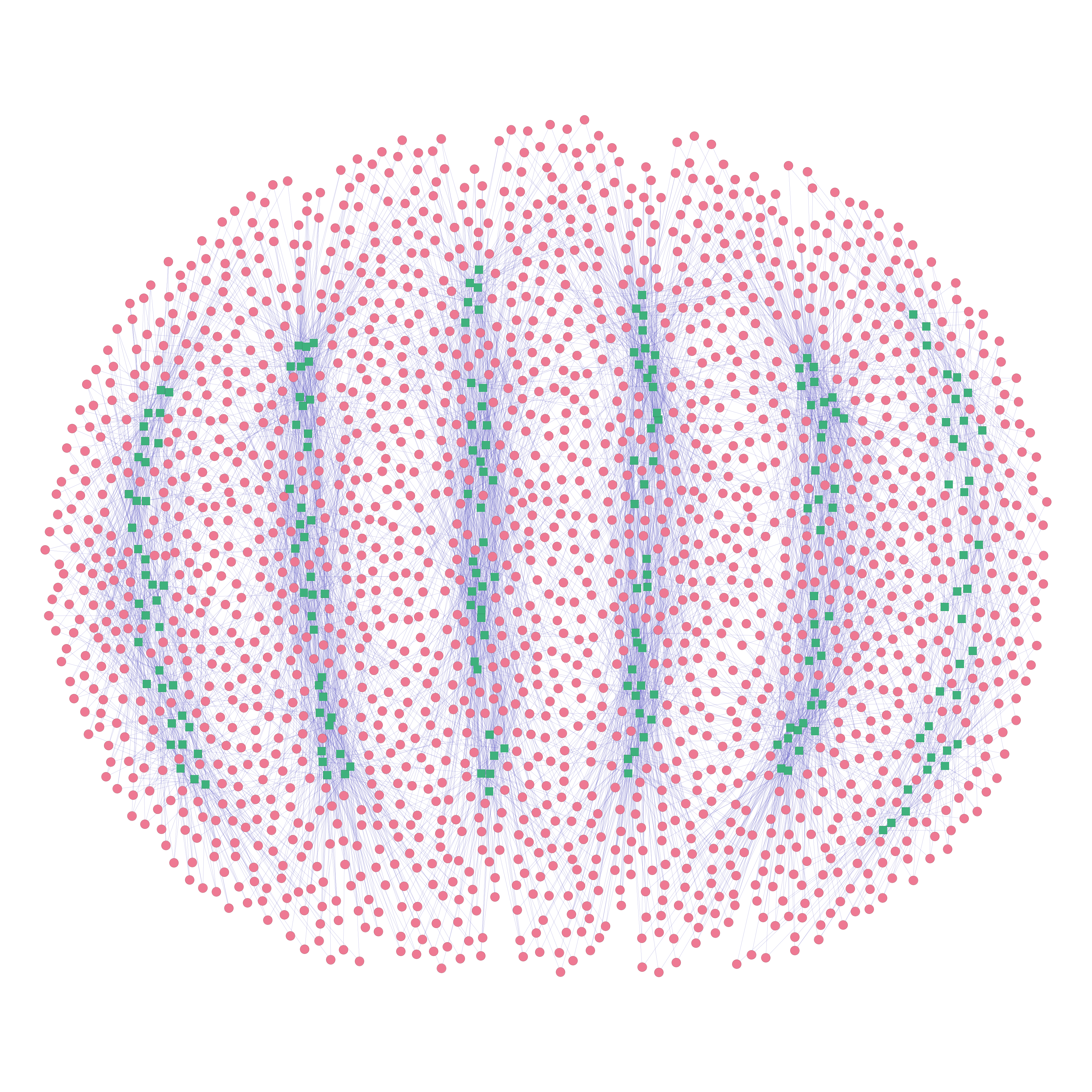
The Public Knowledge Project, a Core Research Facility of Simon Fraser University (SFU), invites applications for the position of Managing Director.

The Public Knowledge Project, a Core Research Facility of Simon Fraser University (SFU), invites applications for the position of Managing Director.
A new era is starting at GigaScience, today being the last day for the Hong Kong team including Nicole Nogoy, Chris Hunter, Peter Li, Mary Ann Tuli, Bastien Molcrette and Ken Cho. Joining them, and as outgoing Editor in Chief, I thought I would give my thoughts and perspectives on the last 15 years at the Open Science publishing coalface. It wasn’t meant to end this way, but I’m still very grateful for the journey.
Der rasche Anstieg der Zahl der Asylsuchenden in Deutschland 2015 hat den Titel ‚Langer Sommer der Migration‘ hervorgebracht. Die Aufnahme und Versorgung von über einer Millionen Geflüchteter stellte die Kommunen in Deutschland vor eine neue Herausforderung.
To mark Crossref’s 25th anniversary, we launched our first Metadata Awards to highlight members with the best metadata practices. GigaScience Press, based in Hong Kong, was the leader among small publishers, defined as organisations with less than USD 1 million in publishing revenue or expenses.

À l’occasion de la Journée du logiciel libre, des membres des équipes d’Érudit et du Public Knowledge Project (PKP), partenaires dans Coalition Publica, décrivent l’importance des logiciels libres dans leur travail et leur place centrale dans nos actions. Découvrez ce que signifie utiliser un logiciel libre et ce qu’en pensent les membres de nos équipes!

This Software Freedom Day, Érudit and PKP get together as Coalition Publica to share why software freedom matters to us, and how it is at the heart of our efforts. Continue on to learn what it means to use free software, and for personalized messages from folks across our teams. La version française est disponible […] The post Érudit and PKP Celebrate Software Freedom Day Together as Coalition Publica appeared first on Public Knowledge Project.
Fernando I. Salmerón Castro, DR © Fotografía digital Agosto de 2025, Northampton, MA, EU Parte de la colección Flores Esta es una reproducción digital, con fines de divulgación, de una obra original, todos los derechos de autor y reproducción están reservados por el artista.

“So, what experiment should we do next?” asks the student. And two different tabs open up side to side in your mind. Tab 1: Taking a stroll in your field In this tab, there are no real rules. You are wandering on the signaling pathways, thinking back to the intersections that you encountered before and at the same time, looking for new ones that could appear in the continuation of this little walk.

Police violence against recent protests by civil society groups and social movements marks the biggest challenge for Indonesia’s Prabowo administration and tests the Indonesian political class’ commitment to democracy. In this blog Iqra Anugrah and Rachma Lutfiny Putri explain how Oligarchic agendas of the elites have led to disastrous policy choices, triggering the protest movement.
On behalf of the Nominating Committee, I’m pleased to share the slate of candidates for the 2025 board election. Each year we do an open call for board interest. This year, the Nominating Committee received 51 submissions from members worldwide to fill five open board seats.

Quantum computers promise breakthroughs on problems that are intractable for even the most powerful supercomputers. However, the building blocks of quantum computers, qubits, are fragile and susceptible to noise, which corrupts calculations. Quantum Error Correction (QEC) allows us to bypass those issues, but it requires fast and accurate classical decoding algorithms.